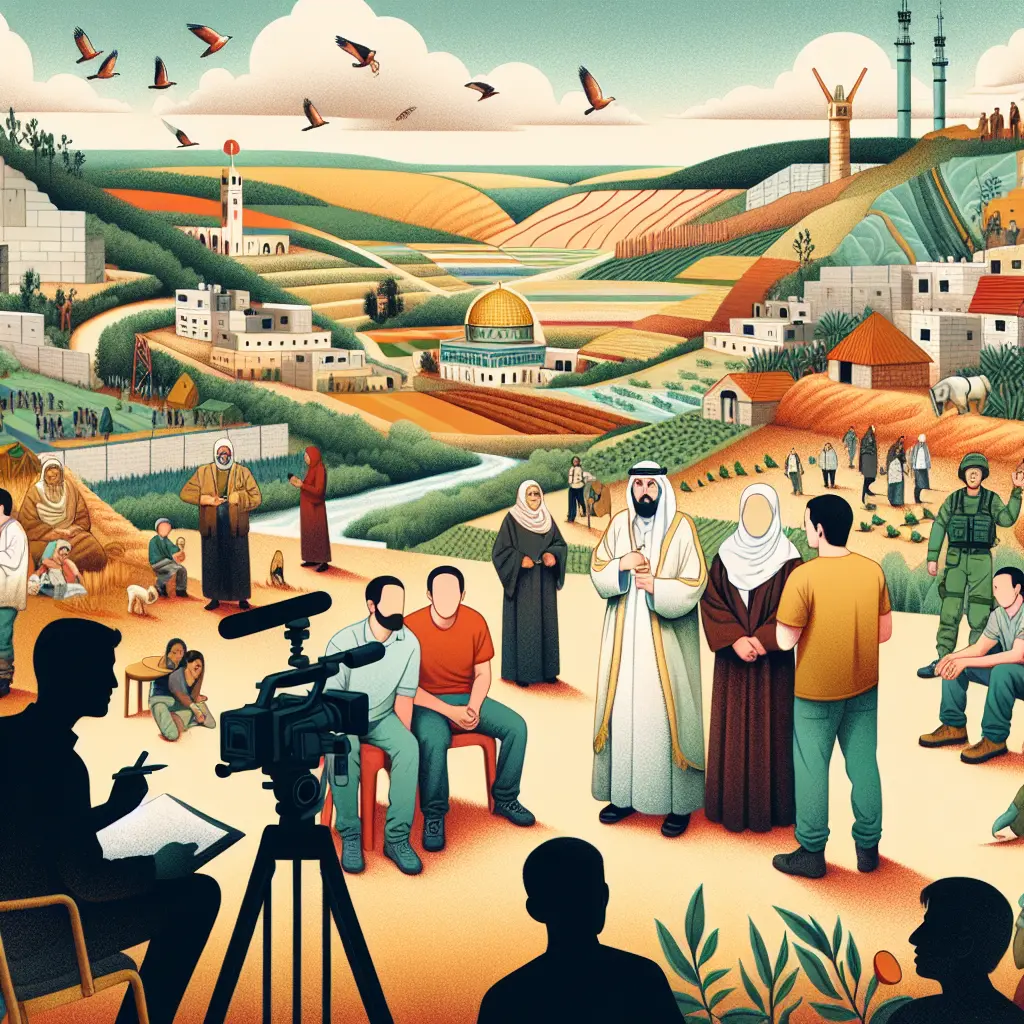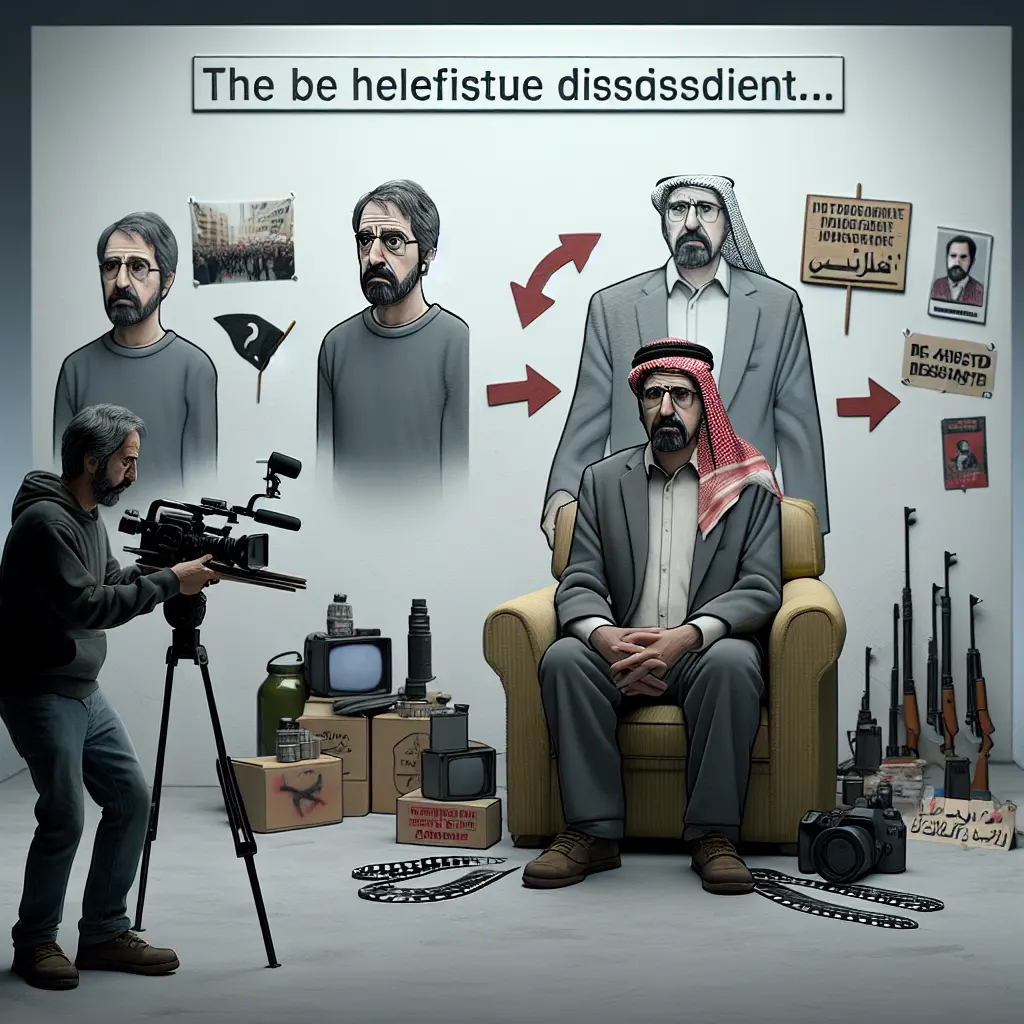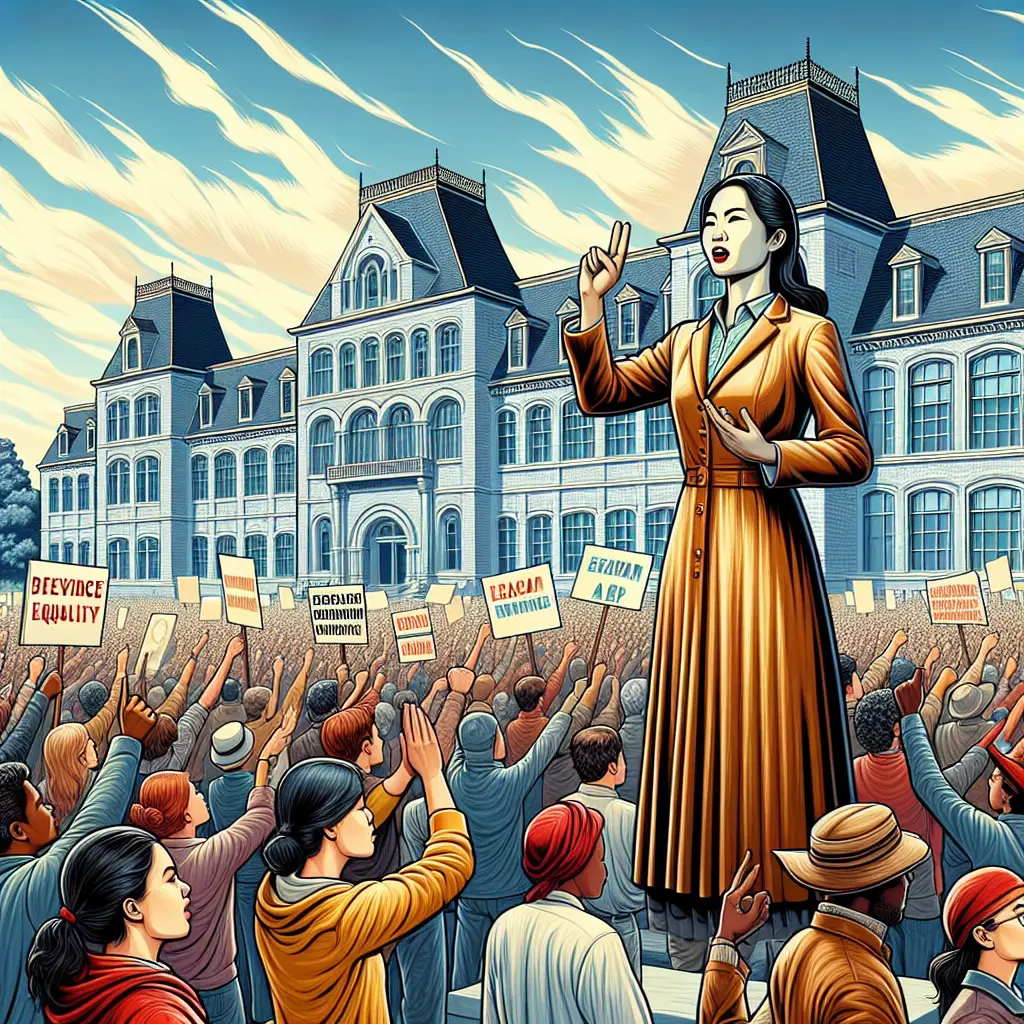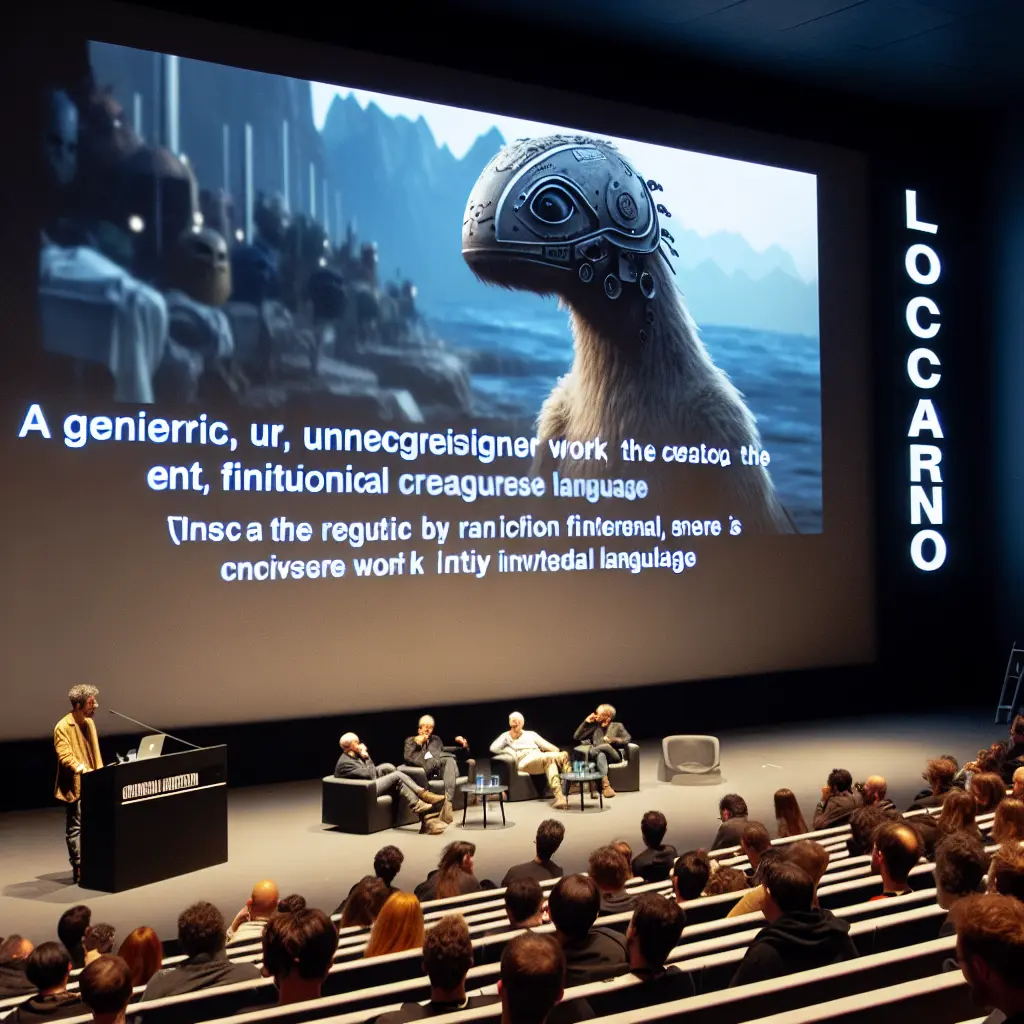Documentaries have the power to shape our understanding of history, conflict, and the world we live in.
When we think about documentaries that have left a lasting impact, we often remember those that boldly challenge established narratives or bring underrepresented voices to the forefront. In recent years, few topics have garnered as much attention and debate as the Israeli-Palestinian conflict—and within that, the phenomenon of Israeli settlements in the West Bank.
One documentary that has recently stirred conversation is Louis Theroux's latest work, The Settlers. This BBC production takes viewers into the heart of the religious ultra-nationalist Zionist settler movement, focusing primarily on the West Bank. Theroux, known for his immersive style and thought-provoking interviews, attempts to unravel the motivations and beliefs of those who live in these controversial communities.
A Surface-Level Approach to a Deep-Rooted Issue
While The Settlers offers a rare look into the lives of Israeli settlers, critics argue that it stops short of fully addressing the historical and political roots of the settlement enterprise. The documentary reportedly centers on present-day figures and events, yet falls short in exploring how the settlement movement is deeply linked to over a century of Zionist settler colonization. This omission is significant, as it can influence how audiences perceive not just current tensions, but also the broader context in which they unfold.
What Makes a Documentary World-Changing?
Documentaries that truly change the world don’t just expose; they dig deeper to help viewers understand:
- The origins of a conflict or issue
- The consequences for those affected
- The global ramifications
The Importance of Historical Context
Without addressing the historic processes that led to today’s realities, any exploration risks presenting only part of the story. For example:
- Understanding Zionist settler colonialism as a movement rooted in late 19th-century ideologies
- Recognizing how current settlements extend from past policies and global influences
- Acknowledging the impact on Palestinian lives and international law
Lessons for Future Filmmakers
The Settlers serves as both an engaging watch and a reminder: for documentaries to catalyze true understanding and potential change, they must go beyond immediate narratives. By confronting uncomfortable histories and amplifying marginalized voices, filmmakers have an opportunity—and responsibility—to contribute meaningfully to the global conversation.
For readers interested in exploring the nuances discussed here, you can find more details in the article at this link.
Conclusion
The most influential documentaries are those that not only reveal what is happening today but also shine a light on how we arrived here. As audiences become more discerning and as filmmakers continue to push boundaries, it is these deep-dives—fearless in their pursuit of truth—that truly have the power to change the world.
Until next time, keep questioning, keep watching, and let stories inspire you to see beyond the surface.






_netflix_documentary.webp)


Leave a Comment